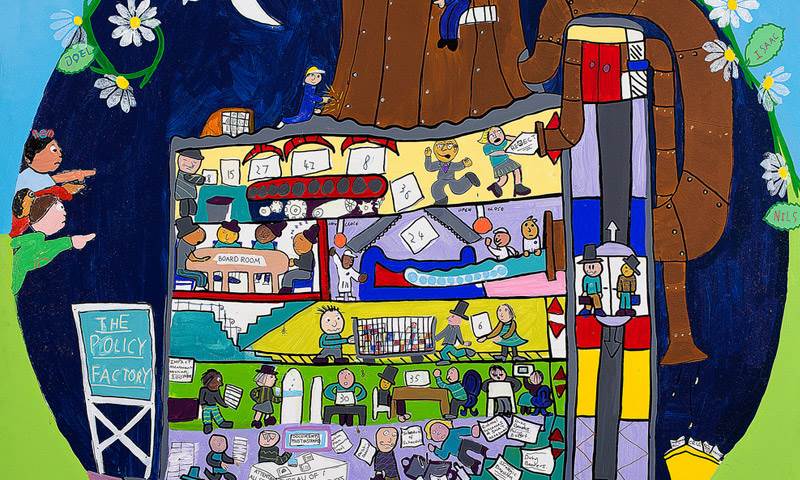Our website uses Cookies - by using this site or closing this message you're agreeing to our Terms & Conditions, Cookie Policy and Privacy Policy
xSupporting Families and Children Beyond COVID-19: social protection in high income countries
Date: 13th January 2021
Category:
COVID-19, Child poverty

A new UNICEF report explores how the social and economic impact of the COVID-19 pandemic is likely to affect children; the initial government responses to the crisis; and how future public policies could be optimised to better support children.
How the social and economic impact of the COVID-19 pandemic is likely to affect children
According to the report, children will be severely affected by the COVID-19 economic crisis, giving rise to increased levels of child poverty and lower levels of child welfare. Consequently, efforts to achieve the United Nations Sustainable Development Goals are at risk. This is because child poverty rates and social expenditure are predictors of learning and health outcomes, child mortality and intentional homicide rates.
Discovering the effects of initial government responses to the crisis
Using various combinations of economic, social and policy conditions, a country’s pre-existing risk of, or resilience to, poorer child income poverty and child well-being outcomes can be distinguished. Additionally, whether public money is ear-marked for child-specific measures, how much of this money is spent in response to the crisis and on families can impact whether the most vulnerable children in society are marginalised further.
How future public policies could be optimised to better support children
Other conditions, if considered by countries, can lead to greater appreciation and accommodation for the needs of children and their families, and social protection systems which are more resilient to social and economic shocks. These conditions include how the money will be renumerated, learning from effects on lockdown measures and short- and long-term planning centralised around child poverty, child-wellbeing and equality.
- Read the report in full here.
